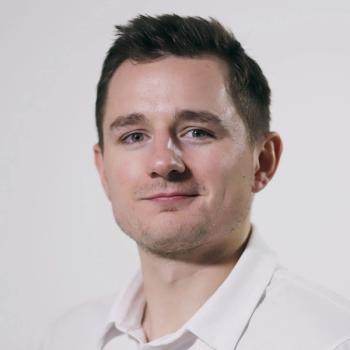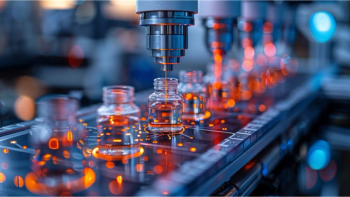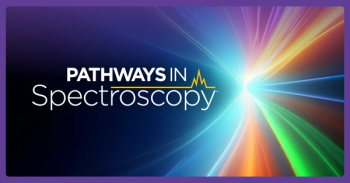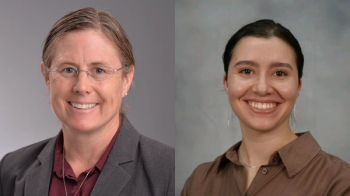
Colby Ott Wins Metrohm USA’s 2022 Young Chemist Award
Colby Ott, a PhD candidate at West Virginia University’s Forensic and Investigative Science Department in Morgantown, West Virginia, has won the 2022 Young Chemist Award from Metrohm USA.
Colby Ott, a PhD candidate at West Virginia University’s Forensic and Investigative Science Department in Morgantown, West Virginia, has won the 2022 Young Chemist Award from Metrohm USA. Ott’s research focuses on developing novel methods for screening seized drugs, with a goal to provide reliable and rapid detection in the laboratory and the field.
Using electrochemistry and surface-enhanced Raman spectroscopy (EC-SERS), Colby’s research aims to provide an effective and selective method for detecting fentanyl, its analogs, and other drugs of abuse in seized samples. EC-SERS is fast and inexpensive, and is more efficient than other current methods for this type of analysis, Future applications may include use in clinical, and point-of-care analyses, and other types of forensic analysis.
Metrohm USA has awarded the Young Chemist Award for 10 consecutive years. This $10,000 award is open to all undergraduate, graduate, post-graduate and doctorate students residing and studying in the United States and Canada, who are performing novel research in the fields of titration, ion chromatography, spectroscopy, and electrochemistry.
Two $2000 runner-up prizes also were also awarded. Gabriel Cerron-Calle from Arizona State University (Tempe, Arizona) won the prize for his research on nano-enabled bimetallic electrodes for sustainable ammonia production by electrocatalytic nitrate reduction. Ivneet Kaur Banga from the University of Texas at Dallas (Texas) was recognized with this prize for her work on passive breath profiling for ultrasensitive detection of endogenously produced volatile organic compounds using electrochemical methods.
For more information on the Young Chemist Award, click
Newsletter
Get essential updates on the latest spectroscopy technologies, regulatory standards, and best practices—subscribe today to Spectroscopy.




